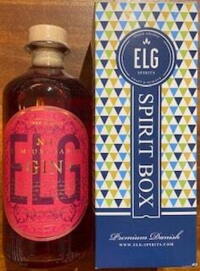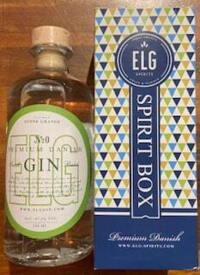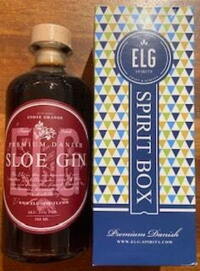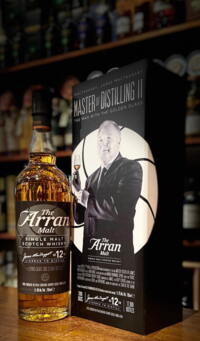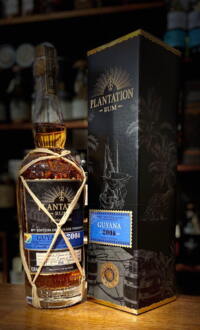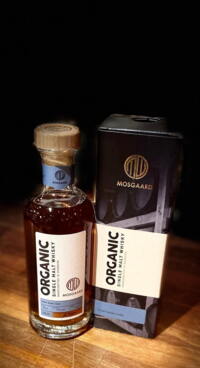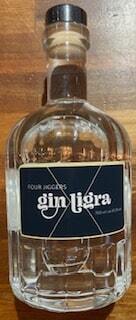-
-
400,00DKK
-
289,00DKK
-
350,00DKK
-
100,00DKK200,00DKKYou save: 100,00DKK
-
300,00DKK450,00DKKYou save: 150,00DKK
-
500,00DKK600,00DKKYou save: 100,00DKK
-
400,00DKK850,00DKKYou save: 450,00DKK
-
500,00DKK600,00DKKYou save: 100,00DKK
-
400,00DKK500,00DKKYou save: 100,00DKK
Danish Gin
Gin is not just gin - it is a special class in itself, where there is a sea of different brands and a sea of different tastes, ranging from the completely classic and natural, to the more smoky, to the dry, to the full-bodied, over to the sweet and more fruity. Simply put, there is gin for every taste, and therefore there is no doubt that gin has become a more popular choice here in Denmark, over the past many many years. The story goes all the way back to mid-17th century Holland, where a professor of medicine named Franciscus Sylvius invented the alcoholic beverage "genever" (the Dutch word for "juniper"), which was actually intended as a medicine for sick sailors. However, the Dutch were not allowed to keep the drink to themselves for very long. The English quickly caught sight of this so-called genius when they took part in the Thirty Years' War. They got so much taste for the drink that they brought it home to England, where its popularity spread over the years, and became an extremely popular intoxicant among the poor population throughout the country.




















Gin is not just gin - it is a special class in itself, where there is a sea of different brands and a sea of different tastes, ranging from the completely classic and natural, to the more smoky, to the dry, to the full-bodied, over to the sweet and more fruity. Simply put, there is gin for every taste, and therefore there is no doubt that gin has become a more popular choice here in Denmark, over the past many many years. The story goes all the way back to mid-17th century Holland, where a professor of medicine named Franciscus Sylvius invented the alcoholic beverage "genever" (the Dutch word for "juniper"), which was actually intended as a medicine for sick sailors. However, the Dutch were not allowed to keep the drink to themselves for very long. The English quickly caught sight of this so-called genius when they took part in the Thirty Years' War. They got so much taste for the drink that they brought it home to England, where its popularity spread over the years, and became an extremely popular intoxicant among the poor population throughout the country.

